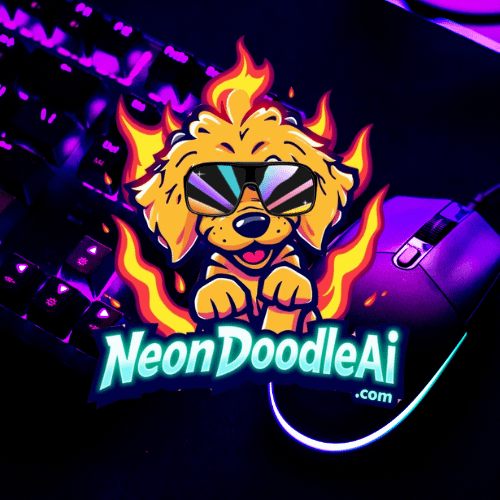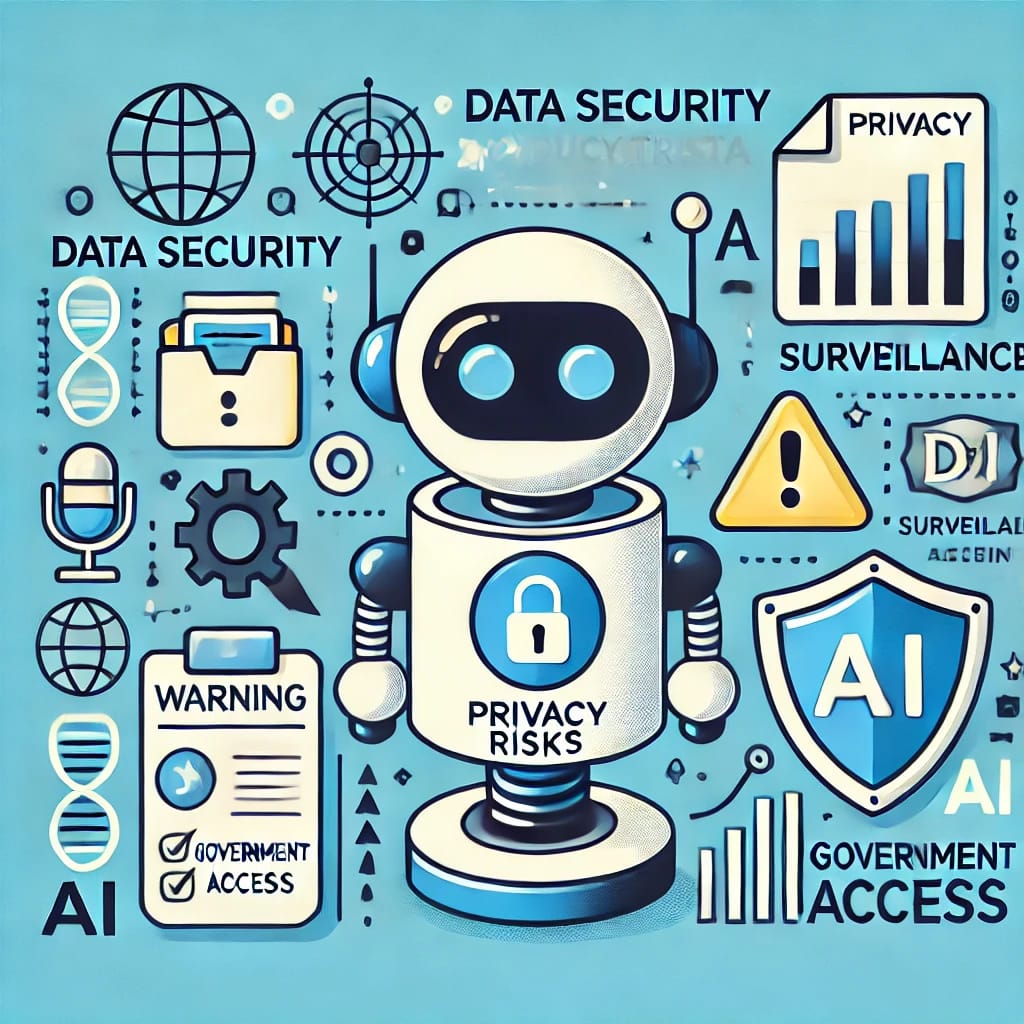
Which AI Is Up To The Challenge?
Finding the right words to express love on Valentine’s Day can be tricky. But with the rise of artificial intelligence, crafting the perfect message just became a little easier. This article explores different AI writing tools and how they can help you create memorable Valentine’s Day messages.
The Valentine’s Day Messaging Challenge
Valentine’s Day is about showing affection. Many people struggle to find the perfect words to make their partners feel special. A generic message just won’t cut it, and writing from scratch can be time-consuming. AI can simplify this process by generating creative and personalized messages in an instant.
The Rise of AI in Romance
AI tools are transforming how we communicate. They offer various features to make personal messaging easier and more effective. These tools can create love poems, sweet notes, or romantic letters with a few clicks. As AI technology continues to develop, it holds even more promise for the future of romantic communication.
Setting the Stage: This Article’s Focus
This article will examine some of the top AI writing tools available for crafting Valentine’s Day messages. We will dive into their strengths, weaknesses, and usage tips. By the end, you’ll have a better idea of which tool might help you best express your feelings this Valentine’s Day.
Top AI Writing Tools for Valentine’s Day Messages
Jasper: Strengths and Weaknesses
Jasper is powerful. It generates high-quality content and understands context well. However, it can be pricey and may require extra tweaking for a personal touch.
Copy.ai: Features and Use Cases
Copy.ai is user-friendly and offers a wide range of templates. You can find Romantic messages, playful notes, or heartfelt confessions easily. Yet, the output can sometimes feel a bit formulaic.
Rytr: A Budget-Friendly Option
Rytr is affordable and simple to use. It provides various styles and tones at a fraction of the price of competitors. The downside? It might lack some advanced features present in pricier tools.
Comparing Pricing and Capabilities
- Jasper: High-quality but pricey. Best for serious users.
- Copy.ai: Versatile and user-friendly. Good for casual writers.
- Rytr: Budget-friendly and straightforward. Ideal for anyone new to AI.
Crafting the Perfect Prompt for AI Valentine’s Day Messages
Defining Your Target Audience
Who are you writing for? Be clear about the relationship type. Is it a partner, crush, or friend? This helps the AI tailor the message correctly.
Specifying Tone and Style (Formal, Informal, Humorous)
Choose how you want to come across. Do you want to be romantic, funny, or sweet? The tone can change everything about the message.
Providing Contextual Details (Relationship Length, Shared Memories)
Include details like how long you’ve been together or special memories. This makes the message feel more personal and unique.
Analyzing AI-Generated Valentine’s Day Messages: Strengths and Weaknesses
Authenticity vs. Generic Content
One challenge with AI is striking the balance between authenticity and generic output. Some messages can feel too robotic without personal elements.
Emotional Impact: Measuring the Effectiveness
AI can generate heartfelt messages. Still, the real emotional impact often comes from personal insights and experiences. Use AI as a starting point but add your touch.
Examples of Successful and Unsuccessful AI Messages
- Successful: “I adore our late-night talks and the way you laugh. You light up my life.”
- Unsuccessful: “Happy Valentine’s Day. You are my favorite person. Have a nice day.” (Too bland and generic.)
Beyond the AI: Humanizing the Message
Adding a Personal Touch: Handwritten Notes and Gestures
Nothing beats a handwritten note. Adding that little personal detail shows you care. Consider pairing an AI-generated message with a handwritten touch.
Ensuring Authenticity: Proofreading and Editing
Always review and edit AI messages. Personalizing it ensures it feels genuine. Remove clichés and add details only you and your partner know.
Using AI as a Tool, Not a Replacement for Personal Expression
AI is a tool that can help you express yourself. However, it should never replace your unique voice and feelings. Use it to spark ideas, not to write your message entirely.
Conclusion: Leveraging AI for a More Romantic Valentine’s Day
Valentine’s Day is a chance to show your feelings. Whether you choose Jasper, Copy.ai, or Rytr, know that each tool has its strengths.
Key Takeaways: Choosing the Right AI Tool
- Select an AI that fits your budget and style.
- Personalize the content before sending it out.
The Importance of Human Interaction
While AI can help, remember to connect with your partner on a personal level. Authenticity and genuine emotion matter most.
The Future of AI in Romantic Communication
As AI continues to grow, it will likely play an even bigger role in romantic expression. Embrace these tools to make your Valentine’s Day special, but never forget the power of heart.


